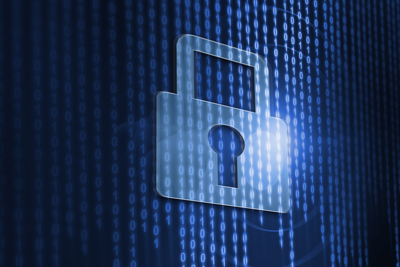In May of 2017, a new threat emerged on the internet – the WannaCry ransomware worm. This virus infects Windows computers, encrypting the files on the PC’s hard drive, making them impossible for the user to access. The worm then demands a ransom payment, to be paid with Bitcoin to a particular online location, before the files can be decrypted. This virus struck a number of high-profile systems in America and Britain before it was brought under control. The virus exploited a vulnerability in Windows that has since been fixed and is suspected to be connected to the Lazarus Group, a cybercrime organization with supposed ties to the North Korean government. The virus is still out there, infecting and shutting down systems, but almost exclusively those systems running older, unpatched Operating Systems.
The WannaCry virus is now a minimized threat, but more viruses and worms roam cyberspace every day. By one estimate, almost a million new cyber-threats appear each day. So what can you to avoidall these viruses? Is it an impossible task? Not really.
There are a number of steps you can take to protect yourself from cybercrime, worms, Trojans and other viruses:
-
Download and install recommended updates from your device manufacturer or software provider. These include needed fixes and patches to protect your systems.
-
Allow automatic updating of software if it’s offered. This allows you to update the software without worrying about it.
-
Get an antivirus software program and scan your systems often.
-
Activate the anti-spyware applications in your antivirus software. If your software doesn’t include this, get some. Spyware can threaten your privacy and finances.
-
Use a firewall. Many antivirus programs include one, so does Windows.
-
Use strong passwords, especially in financial software. A strong password is usually 8 characters or longer, using lower-case and capital letters, numbers and special characters. It should NOT include proper names, personal dates or easily guessed words.
-
Be careful what you click. Viruses are often embedded in email, usually as an attachment. As a rule of safety, if you don’t recognize the sender, don’t open it.
-
Be careful what you share, especially on social media. Hackers often spoof ‘trusted’ links in an attempt to get you to click on them, installing viruses when you do.
-
Educate yourself. Your greatest weapon against cybercriminals is the knowledge and the awareness to spot a threat before it becomes a regret. Knowledge is power.
Remember, you’re not alone out there in the wilds of cyberspace. If you need advice or help with any of this information, call LV.Net Tech Support at 702-900-0000 or email us at Support@lv.net. Don’t let cybercrime make you cry.












